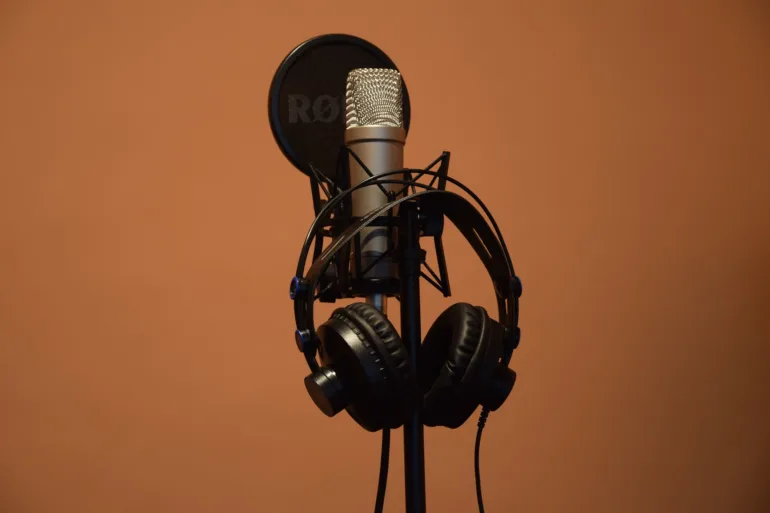TL;DR:
- 42 German associations and trade unions representing over 140,000 authors and performers are advocating for stronger AI regulations in the European Union.
- The groups are concerned about the threat to their copyrighted material posed by generative AI systems like ChatGPT.
- They have sent a letter to the European Commission, European Council, and EU lawmakers highlighting their concerns and calling for the regulations to be strengthened.
- The regulations should focus on regulating generative AI throughout the entire product cycle and hold providers of such technology liable for all content generated by the AI.
- Providers of foundation models should not be allowed to operate as central platform services for the distribution of digital content.
Main AI News:
In a show of solidarity, forty-two German associations and trade unions have joined forces to advocate for the strengthening of the European Union’s draft AI regulations. Representing over 140,000 authors and performers, the groups, including Verdi and DGB trade unions and various associations for photographers, journalists, designers, and illustrators, have expressed their concerns regarding the potential threat to their copyrighted material posed by generative AI systems like ChatGPT.
In a letter addressed to the European Commission, European Council, and EU lawmakers, the groups emphasized the growing concerns surrounding generative AI and its ability to mimic human behavior and create text and images based on prompts. The letter stresses that questions regarding accountability, liability, and remuneration must be addressed before irreversible harm is done and that generative AI should be at the forefront of any meaningful AI market regulation.
The European Commission, which proposed AI regulations last year, will soon be finalizing the details with EU lawmakers and member states before the regulations become law. The groups are calling for the regulations to be strengthened to regulate generative AI throughout the entire product cycle, with a particular focus on providers of foundation models. They also demand that providers of such technology be held liable for all content generated and disseminated by the AI, including infringement of personal rights and copyrights, misinformation, and discrimination.
The letter further states that providers of foundation models, such as Microsoft, Google, Amazon, and Meta Platforms, should not be allowed to operate as central platform services for the distribution of digital content. These proposed regulations represent a critical step in ensuring the protection of copyrighted material and ensuring that the growth of AI technology benefits all stakeholders in the industry.
Conlcusion:
The advocacy by these German associations and trade unions for stronger AI regulations highlights the growing concerns about the impact of generative AI systems on the creative industry and its potential threat to copyrighted material. The proposed regulations aim to protect the interests of authors and performers and ensure that the growth of AI technology benefits all stakeholders in the industry.
This development could have significant implications for the AI market, potentially leading to increased scrutiny and regulation of generative AI systems and shaping the future of the industry. Businesses operating in this space will need to be aware of these evolving regulations and consider the potential impact on their operations and strategies.

